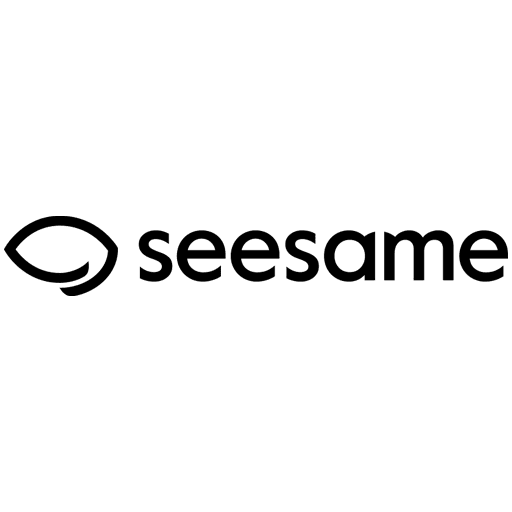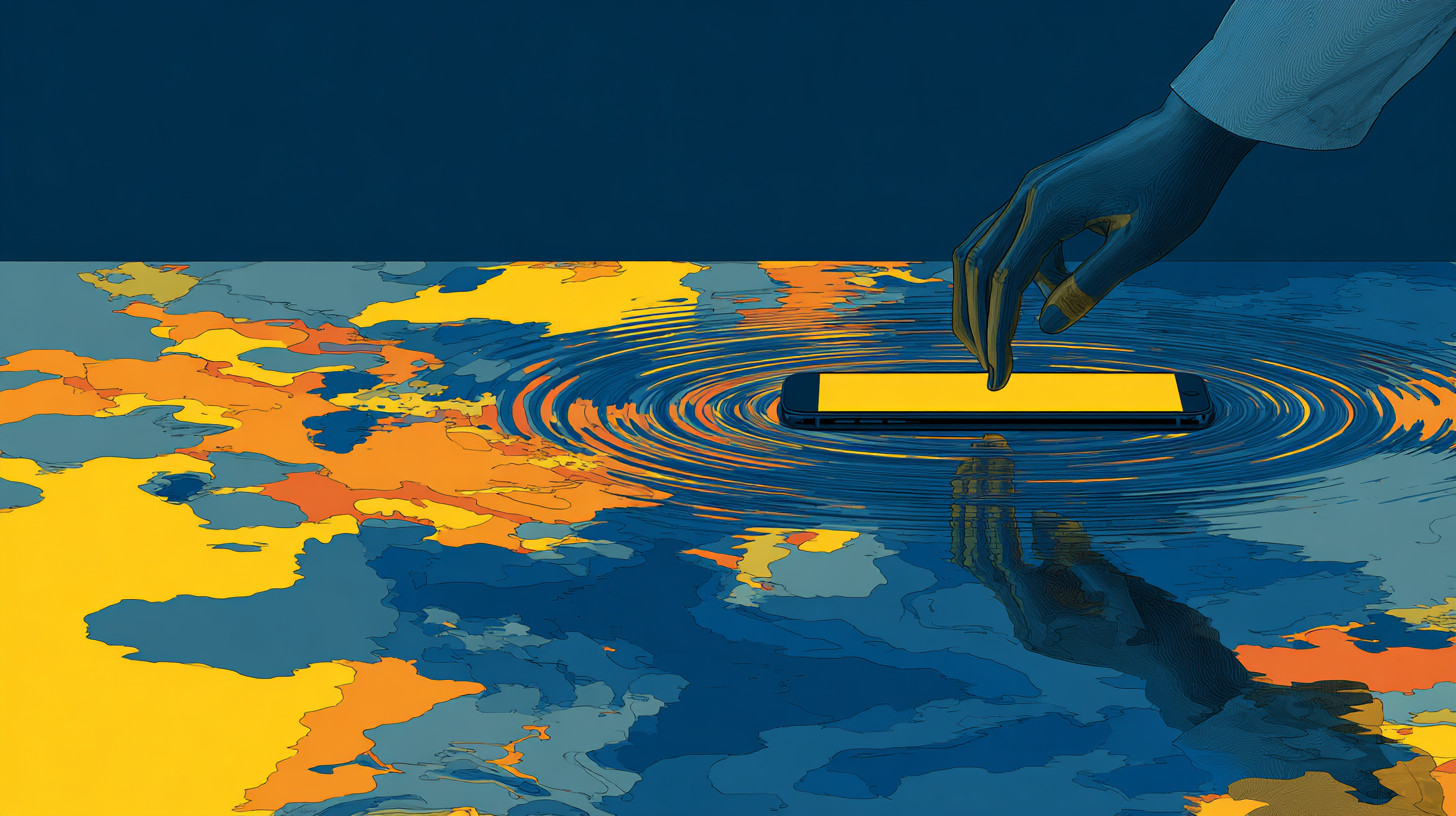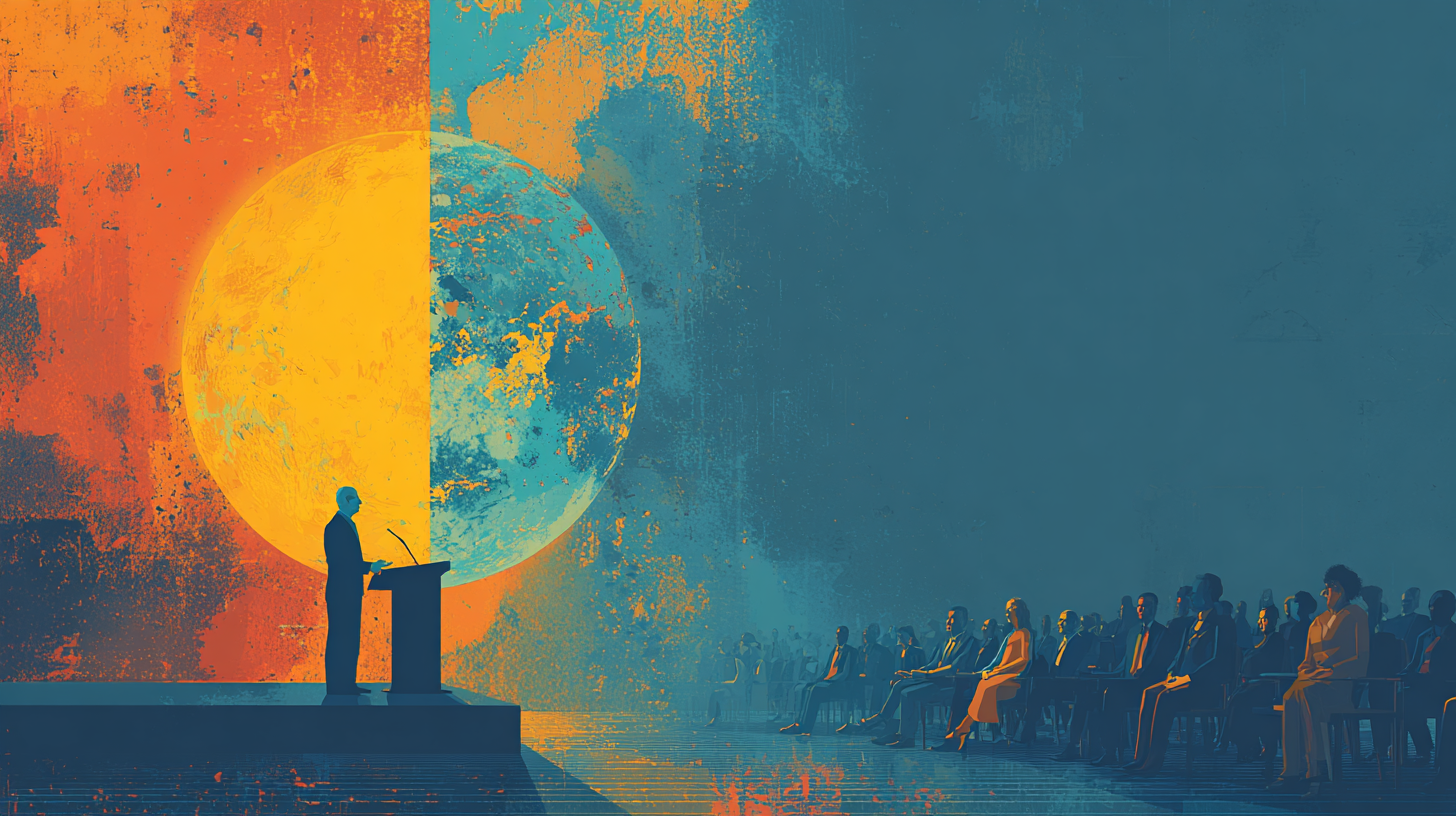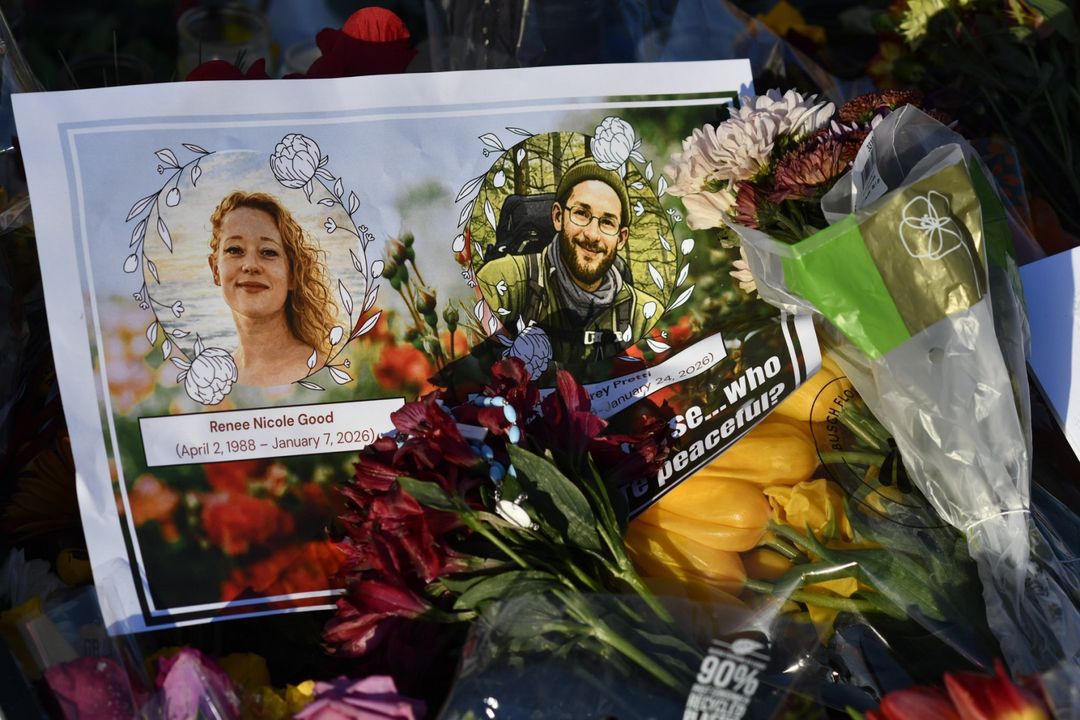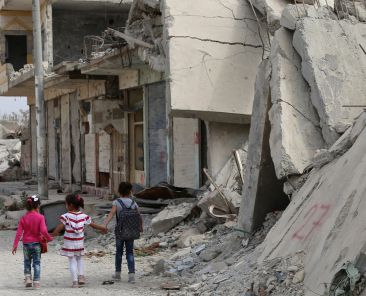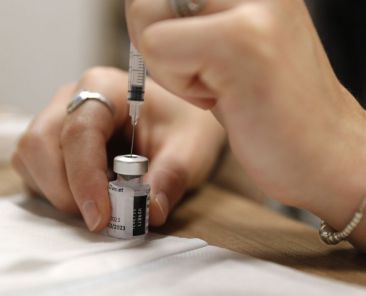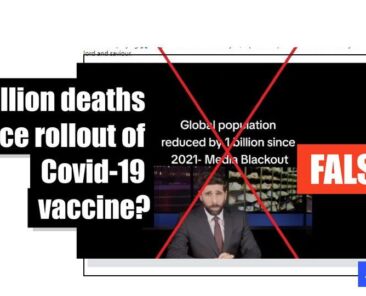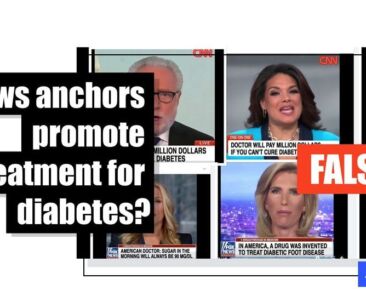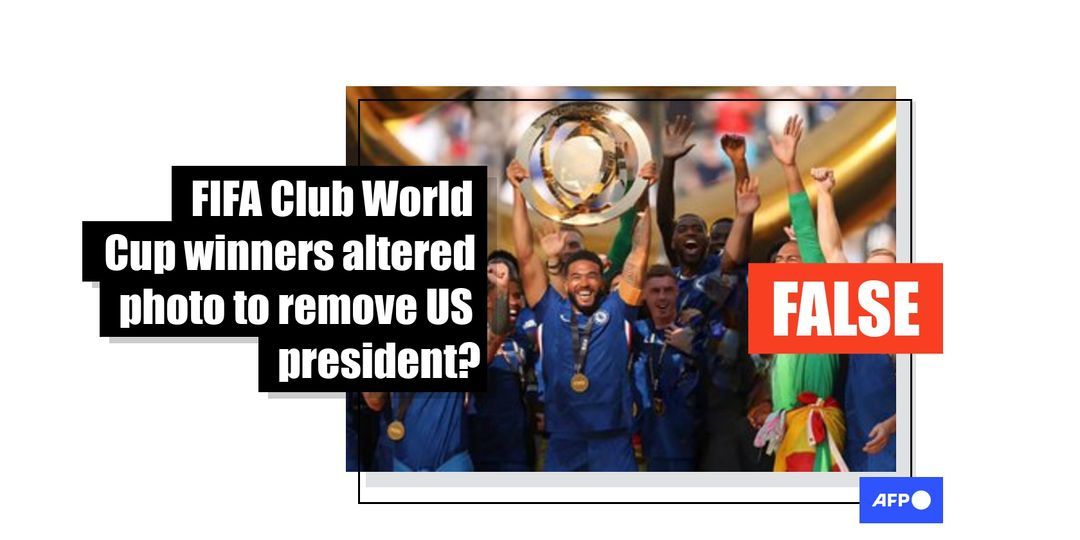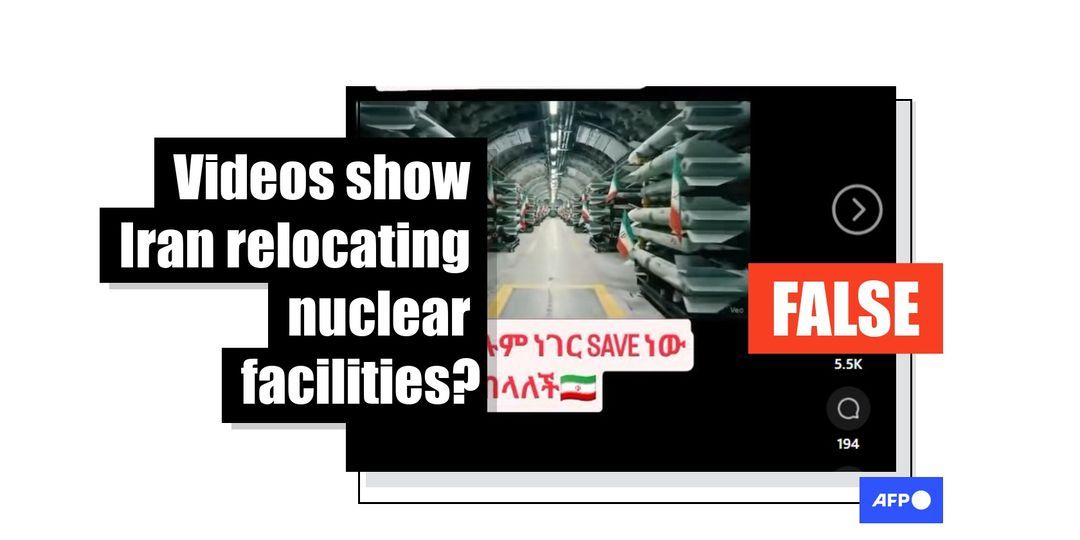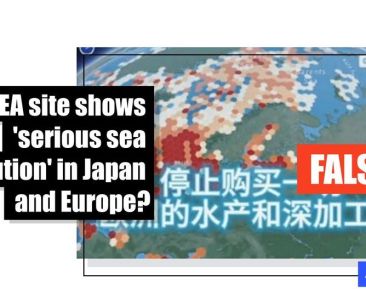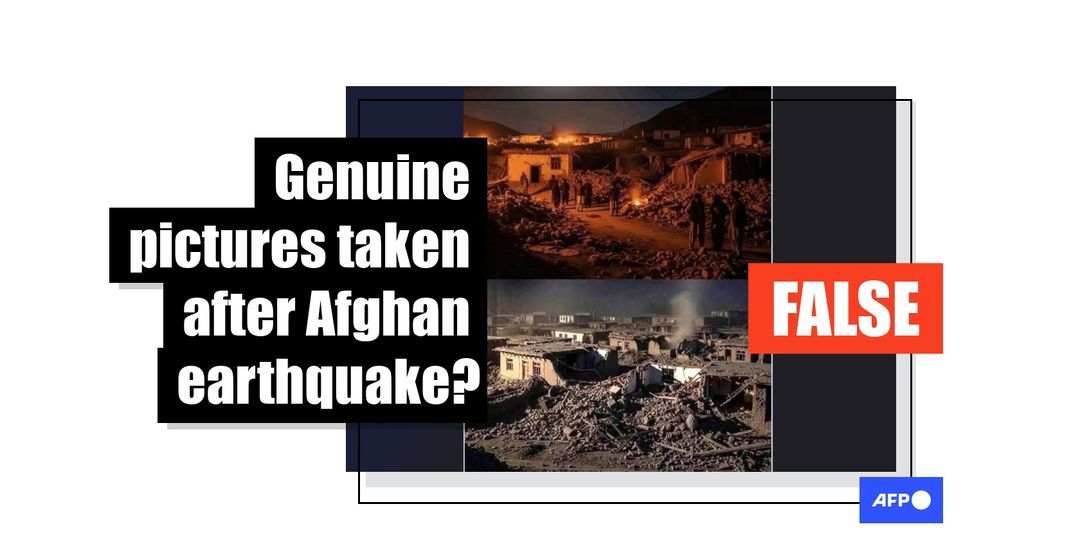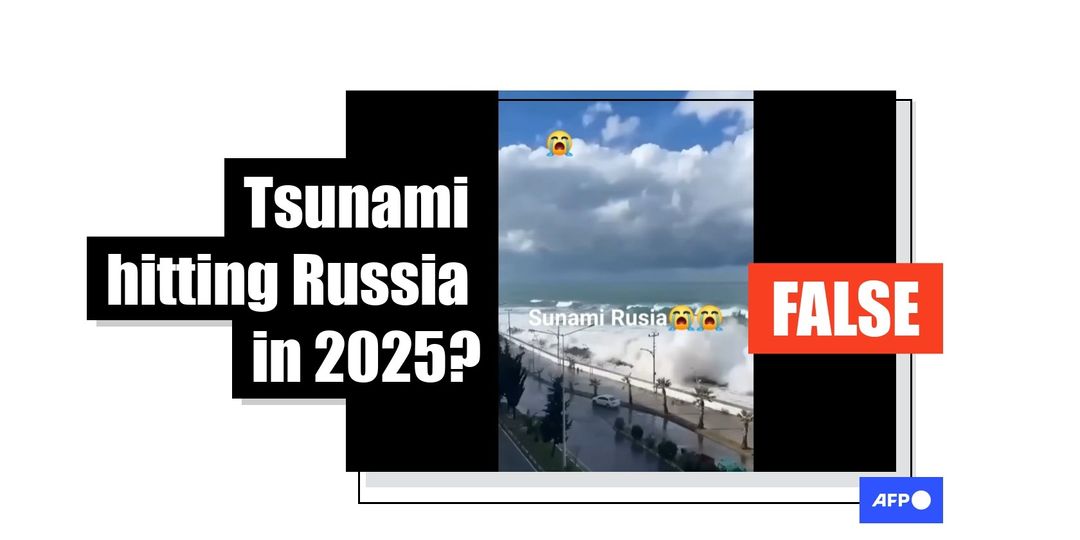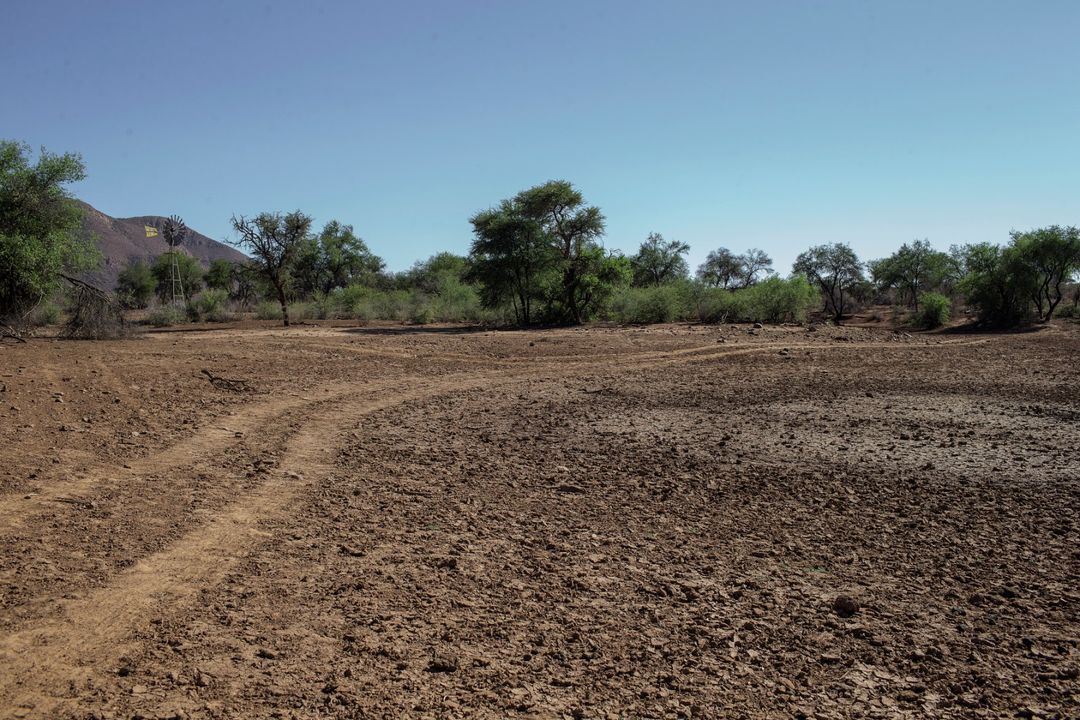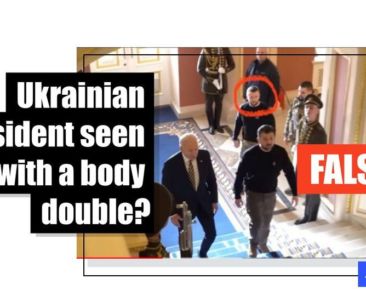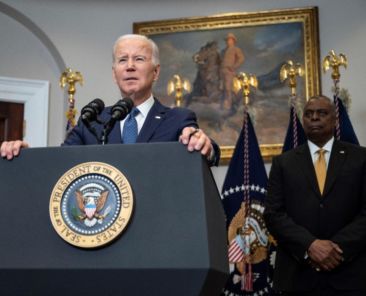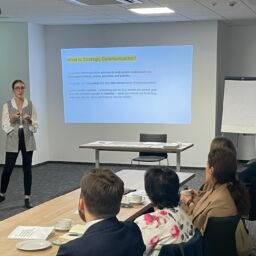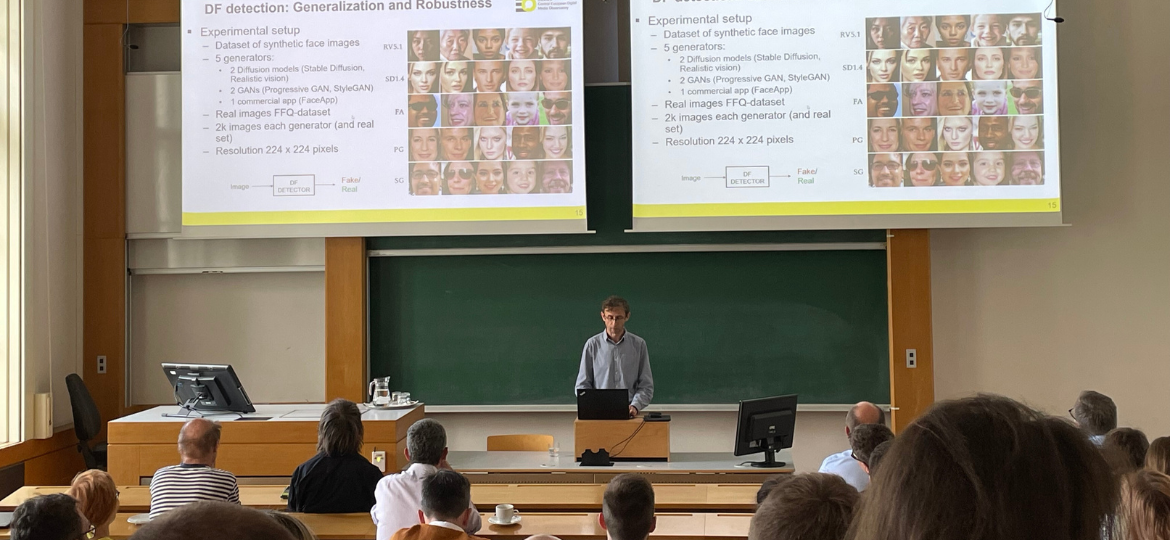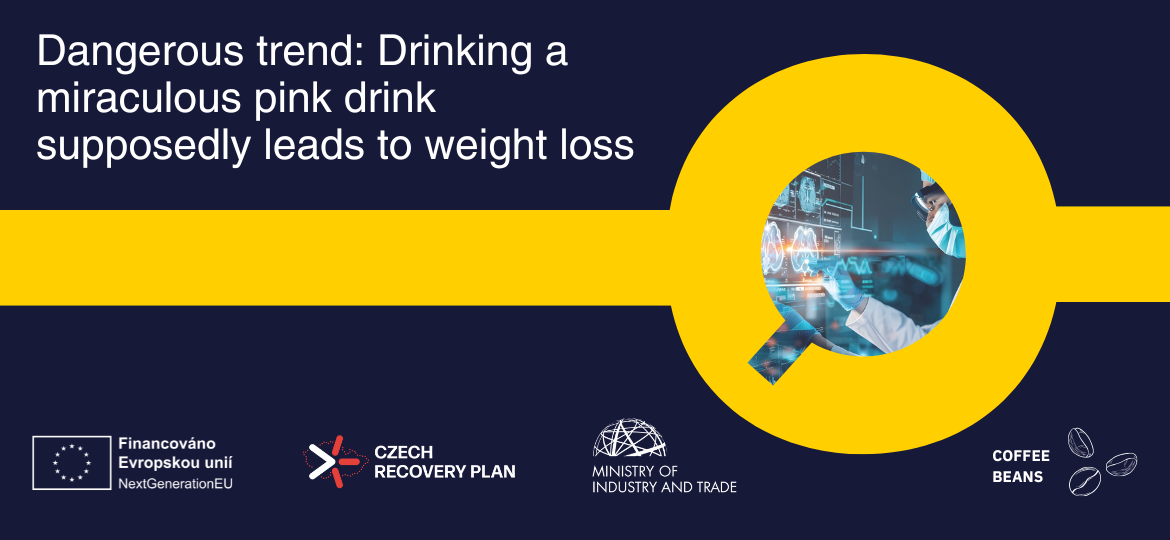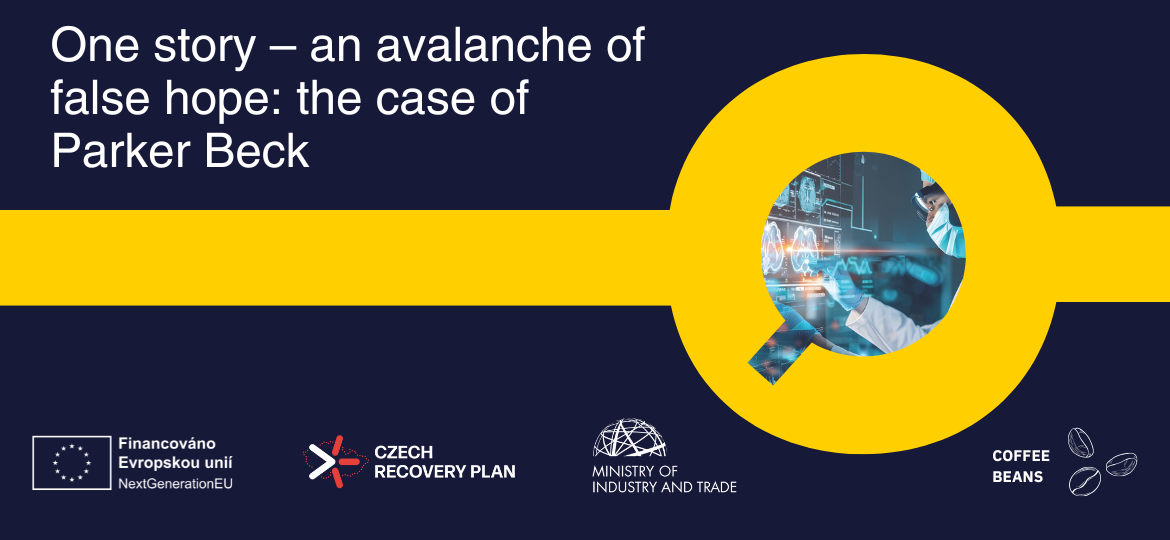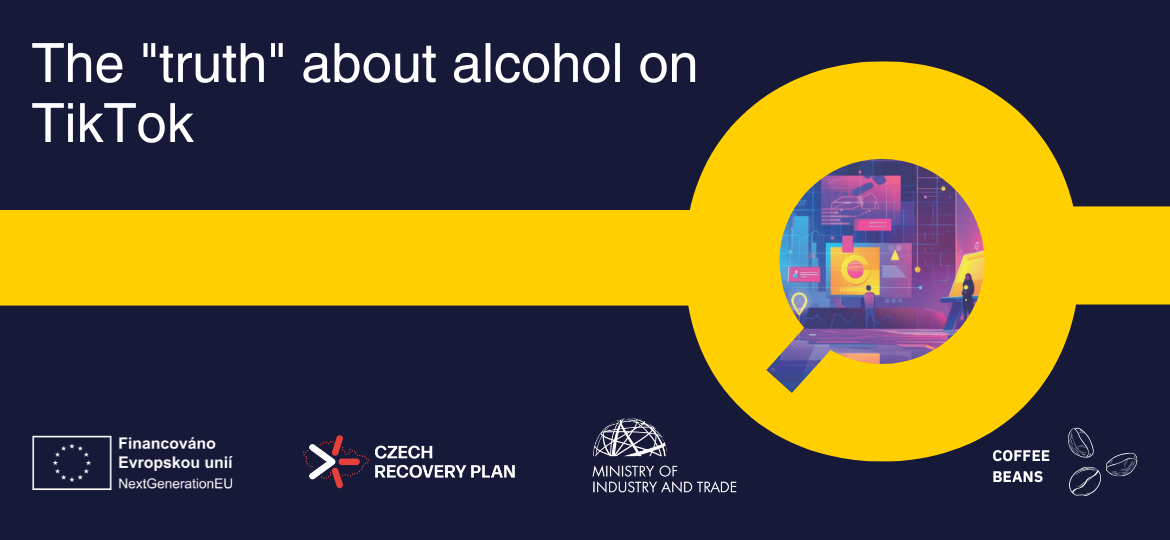About CEDMO
The Central European Digital Media Observatory (CEDMO), as an independent non-partisan multidisciplinary hub, aims to identify, research and prioritise the most critical sources and causes of information disorders in Central Europe (mainly the Czech Republic, Slovakia and Poland). This international consortium was created to propose a set of short and longer-term actions, as well as recommendations to help civil society, public institutions and the private sector respond to the declining trust in key institutions and help society to resist the effect of increasing exposure to mis- and disinformation.
By interacting and coordinating with European Digital Media Observatory (EDMO) and other regional EDMO hubs in EU, CEDMO will contribute to curbing threats posed by information disorders, including disenchantment with the democratic processes, and discord in civil society in Europe, and to building community and nation-wide resilience while protecting information ecosystems.
About CEDMO
The Central European Digital Media Observatory (CEDMO), as an independent non-partisan multidisciplinary hub, aims to identify, research and prioritise the most critical sources and causes of information disorders in Central Europe (mainly the Czech Republic, Slovakia and Poland). This international consortium was created to propose a set of short and longer-term actions, as well as recommendations to help civil society, public institutions and the private sector respond to the declining trust in key institutions and help society to resist the effect of increasing exposure to mis- and disinformation.
Our Partners
About CEDMO
The Central European Digital Media Observatory (CEDMO), as an independent non-partisan multidisciplinary hub, aims to identify, research and prioritise the most critical sources and causes of information disorders in Central Europe (mainly the Czech Republic, Slovakia and Poland). This international consortium was created to propose a set of short and longer-term actions, as well as recommendations to help civil society, public institutions and the private sector respond to the declining trust in key institutions and help society to resist the effect of increasing exposure to mis- and disinformation.
Our Partners
“The doomsday scenario for Pacific atoll nations has nothing to do with the climate,” said the article published on Facebook by the conservative lobby group Advance Australiaon July 18. It cited studies by geomorphologists — experts who study landforms.
“Within a few years it is predicted that due to the ice melt the sea will rise and make most coast cities uninhabitable,” says text in a June 1, 2022 Facebook post.
“For those of you excited about electric cars and a green revolution, I want you to take a closer look at batteries and also windmills and solar panels. These three technologies share what we call environmentally destructive production costs,” says the text of a March 12, 2022 Facebook post.
“Scientists found MASSIVE increased risks of developing several serious health conditions post-jab,” claims a February 23, 2024 Facebook post with a video of Del Bigtree, head of one of the best-funded anti-vaccine organizations in the United States.
“[One] billion people around the world are now dead (poisoned) since the rollout of the covid jab,” reads the opening line of a Facebook post shared more than 8,000 times since it was posted here on October 27, 2023.
“An American doctor said he would pay a million dollars to anyone who would not cure diabetes with his new drug,” CNN anchor Wolf Blitzer appears to say in a November 6, 2023 Facebook reel. The video then cuts to a purported endorsement from Mehmet Oz, a physician and former TV host who ran an unsuccessful Senate campaign in 2022.
“THEY ERASED HIM! Chelsea photoshopped Trump out of their official trophy raising photo,” says a July 14, 2025 post on X.
A Facebook post published with a video on June 23, 2025, contains a text overlay in Amharic that reads: “The nuclear weapons that America claimed to have struck were found in another underground facility.”
“We need to avoid getting involved in this conflict #trump #maga #israel #iran #middleeast #wwiii,” says a June 15, 2025 post sharing the video on Instagram.
“Are you still wearing AirPods? These devices work by emitting and receiving radio frequency microwaves radiation, which can heat and damage your body’s tissues,” says the text accompanying a February 25, 2024 Instagram video with nearly 50,000 likes.
“Scientists found MASSIVE increased risks of developing several serious health conditions post-jab,” claims a February 23, 2024 Facebook post with a video of Del Bigtree, head of one of the best-funded anti-vaccine organizations in the United States.
“Stop buying all aquatic and processed products from Europe,” read Chinese text overlaid on a TikTok video uploaded on December 12, 2023.
AI-generated images of a flattened neighbourhood have been falsely shared online as genuine after a deadly earthquake struck eastern Afghanistan’s mountainous region in August and killed over 2,200 people. The visuals bore errors that indicate they are inauthentic.
One of the strongest earthquakes ever recorded struck Russia’s sparsely populated Far East in late July, triggering tsunami warnings across the Pacific Ocean. But a video compilation of giant waves supposedly depicting the aftermath of the tremor features old and unrelated footage.
A blockbuster study published in top science journal Nature in April 2024 warned that unchecked climate change could slash global GDP by a staggering 62 percent by century’s end, setting off alarm bells among financial institutions worldwide.
“Polish TV accidentally showed not one double of Zelenskiy, but two at once,” says one February 25, 2023 tweet shared thousands of times.
“Joe is hated all over the world,” said “Catturd,” an account popular with supporters of former president Donald Trump, in a February 22, 2023 tweet sharing the image.
“Now Biden is doing what he said 10 months ago would lead to World War III. He is sending in American tanks,” said former president Donald Trump, who is gearing up for the 2024 election, in a video tweeted February 1, 2023.











